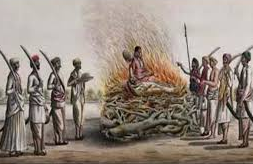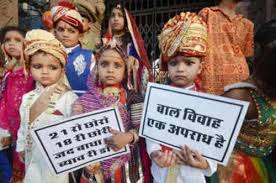Indian Legal System > Civil Laws > Family Laws > The Dowry Prohibition Act, 1961 > Dowry and its Ill-Effects Historical Background of Dowry: Dowry is an ancient system under which the parents of the bride pay the bridegroom and/or his parent money, goods or estate honouring the bridegroom’s willingness to accept the bride in […]



